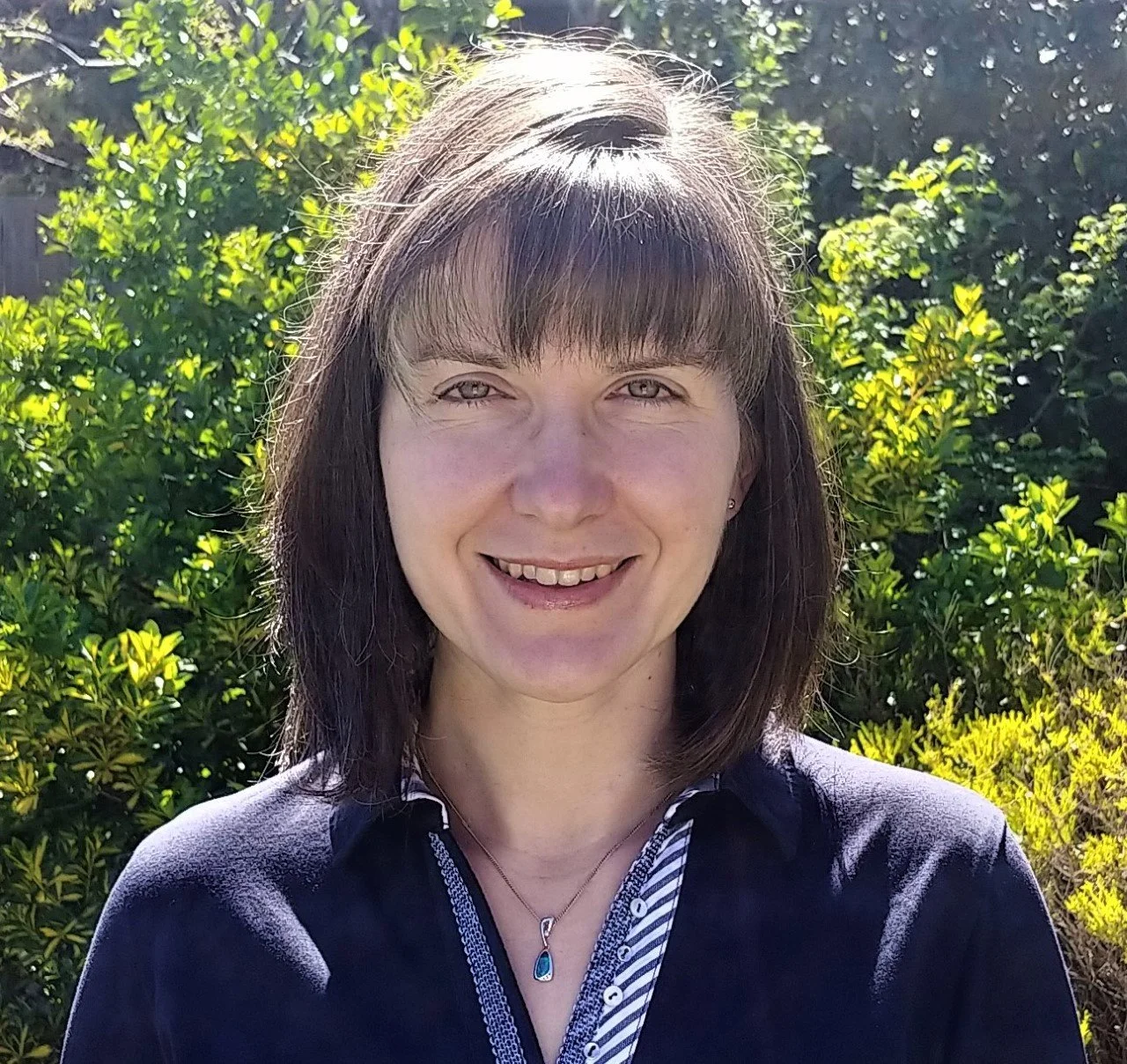Michaela Froehlich
Michaela Froehlich hopes her experience paves the way for women juggling motherhood and a scientific career in the future.
As a mother-of-two and chemist, Michaela Froehlich is a trailblazer in her field. When she welcomed her first child, she was the only woman in a team of male researchers.
On her return from maternity leave from Australian National University (ANU), she had to challenge her own expectations and those of her colleagues. She negotiated flexible hours to also be able to pick-up her child from childcare (something that initially only her husband did), which was a big change in the field.
“I certainly had expectations of my return to work and myself – I thought nothing at work would change but actually a lot changed.” Dr Froehlich said.
“It took some time for my colleagues and also myself to understand that I couldn’t work the same hours and wasn’t as flexible as I was before having children.
“I also found the intellectual side of things difficult. Research shows that ‘baby brain’ exists, and the brain needs time to recover after pregnancy. In the academic world, where your tool is your brain, it was very hard and challenging.”
Dr Froehlich also felt isolated among the mothers group run by her hospital, where she was the first to return to work and the only one travelling overseas to give an invited talk at a conference with her baby.
She believes a greater presence of women in academia would ensure new mothers did not have to break down barriers in the same way.
To that end, she volunteers her time in the Curious Minds STEM program which pairs a female academic with a Year 9 or 10 girls who is interested in a STEM career.
Despite the challenges of academia, Dr Froehlich can’t imagine doing anything else. It is a message she would like to pass on to her mentee.
“It has always been my philosophy that you need to do what you are passionate about, because that is what you will be best at,” she said.
Dr Froehlich’s career pathway has been a winding one, from studying Chemistry, with an interest in radiochemistry, in her home city of Vienna, she made an off-hand comment to her now-husband about an opportunity in Australia.
To her surprise, he was enthusiastic about the idea. However, initially, they had to geographically separate as he accepted a PostDoc position in the US, while Dr Froehlich accepted hers at the ANU and then after three years, he moved to Canberra.
Most recently, Dr Froehlich has split her time as a Senior Lecturer at ANU between developing chemical separation techniques for the characterisation of high-purity detector material and low background measurements as part of the ARC Centre of Excellence for Dark Matter Particle Physics and environmental chemistry, focusing on actinides (metallic radioactive elements) in the environment and their applications by using a single-atom measurement technique called Accelerator Mass Spectrometry.
Her research related to the Centre involves identifying and characterising radioactive impurities in the detector material as their radioactive decays produce signals in the region where dark matter signals are anticipated.
Her research requires the ability to solve problems and think creatively, requiring her to source lead from a centuries-old cathedral in England late last year.
Dr Froehlich is pleased to be using her skills in such a significant project that could change the way the universe is understood.
“It’s very exciting to get the chance to be involved in such a big research project and I hope that through my work I can add to the bigger picture,” she said.

